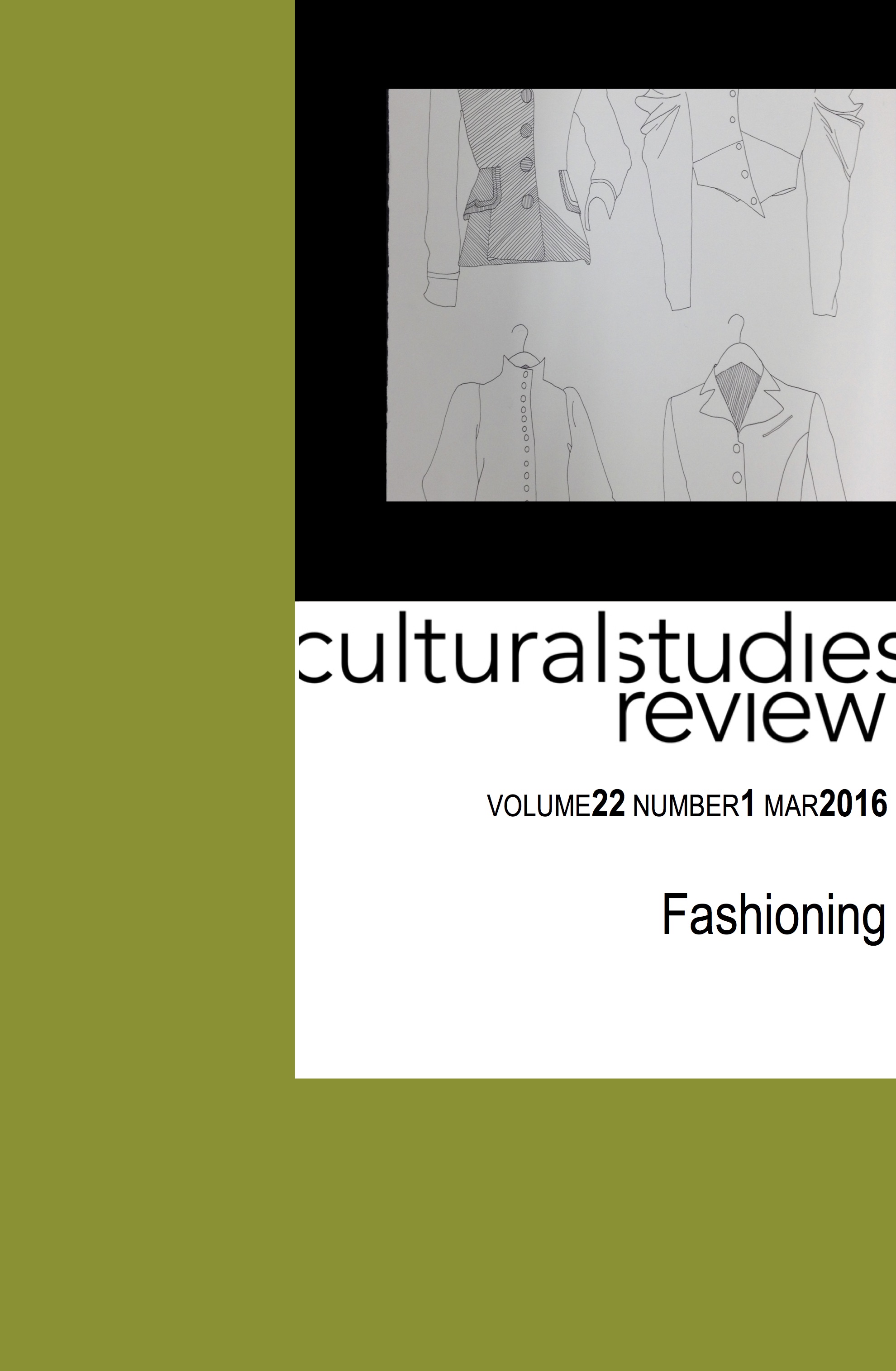A Feminist Love Letter to Stuart Hall; or What Feminist Cultural Studies Needs to Remember
Main Article Content
Abstract
I need to preface these brief remarks with a caveat. I was to write of Hall’s contribution to forging feminist cultural studies, the intellectual project I have felt affiliated with across my academic life, and certainly that which has inspired and formed me. But I don’t feel entitled to write of ‘feminist cultural studies’ in the way that others, such as Lucy Bland, Janice Winship, Angela McRobbie and Charlotte Brunsdon can. I wasn’t there when the Women Studies Group at the Centre for Contemporary Cultural Studies struggled with ‘the dilemma’ of ‘whether to conquer the whole of cultural studies and only then to make a feminist critique of it, or whether to focus on the “woman question” from the beginning’. The group did conceptual work across the disciplines of history, anthropology, psychology and literary studies, and grappled with theoretical movements influenced by figures as varied as Lacan, Marx and Foucault and across sites such as popular culture, regimes of gendered work and eighteenth-century novels. At the same time, and in their words, ‘the Group also felt it wanted to do concrete work rather than engaging theoretical wrangles’. Across the chapters in Women Take Issue I see dedicated feminists poring over texts, their own and others, and then heading to the streets, the factories and girls’ bedrooms to understand how, where and with what effect gendered relations were being reproduced. It is a picture of scholarly intent a bit at odds with Hall’s description in hindsight of how feminism roared into the project of cultural studies:
For cultural studies (in addition to many other theoretical projects), the intervention of feminism was specific and decisive. It was ruptural … As a thief in the night, it broke in, interrupted, made an unseemly noise, seized the time, crapped on the table of cultural studies.
Article Details
Section
Authors who publish with this journal agree to the following terms:
a) Authors retain copyright and grant the journal right of first publication with the work simultaneously licensed undera Creative Commons Attribution License that allows others to share and adapt the work with an acknowledgement of the work's authorship and initial publication in this journal.
b) Authors are able to enter into separate, additional contractual arrangements for the non-exclusive distribution of the journal's published version of the work (e.g., post it to an institutional repository or publish it in a book), with an acknowledgement of its initial publication in this journal.
c) Authors are permitted and encouraged to post their work online (e.g., in institutional repositories or on their website) prior to and during the submission process, as it can lead to productive exchanges, as well as earlier and greater citation of published work (See The Open Access Citation Advantage Service). Where authors include such a work in an institutional repository or on their website (ie. a copy of a work which has been published in a UTS ePRESS journal, or a pre-print or post-print version of that work), we request that they include a statement that acknowledges the UTS ePRESS publication including the name of the journal, the volume number and a web-link to the journal item.
d) Authors should be aware that the Creative Commons Attribution (CC-BY) License permits readers to share (copy and redistribute the work in any medium or format) and adapt (remix, transform, and build upon the work) for any purpose, even commercially, provided they also give appropriate credit to the work, provide a link to the license, and indicate if changes were made. They may do these things in any reasonable manner, but not in any way that suggests you or your publisher endorses their use.
